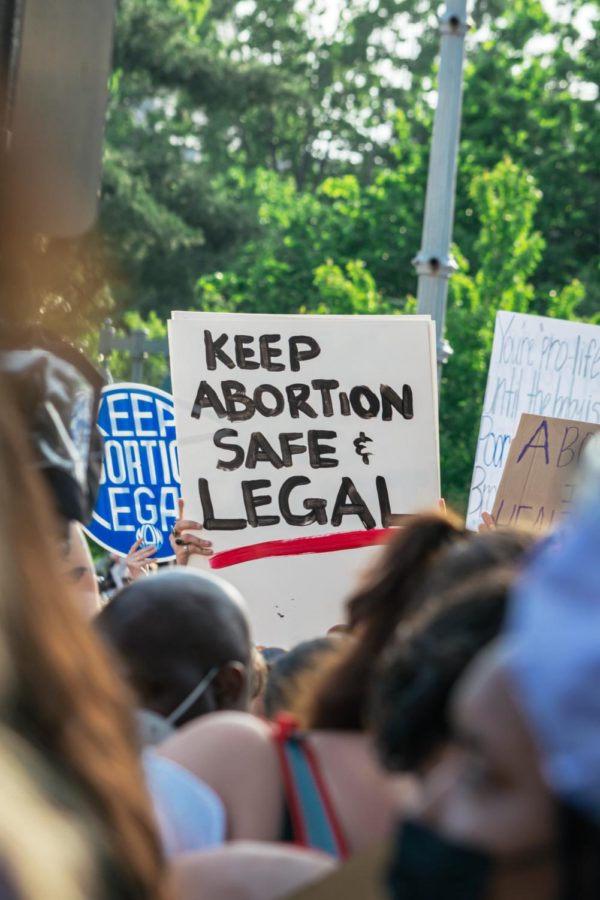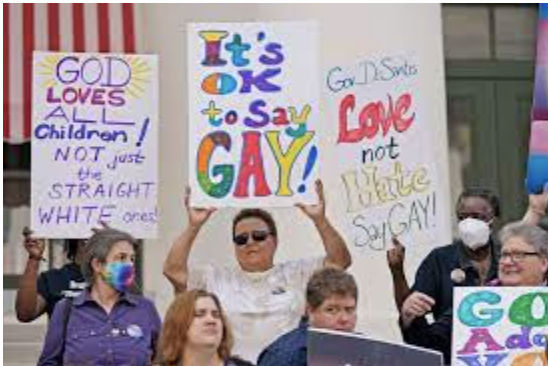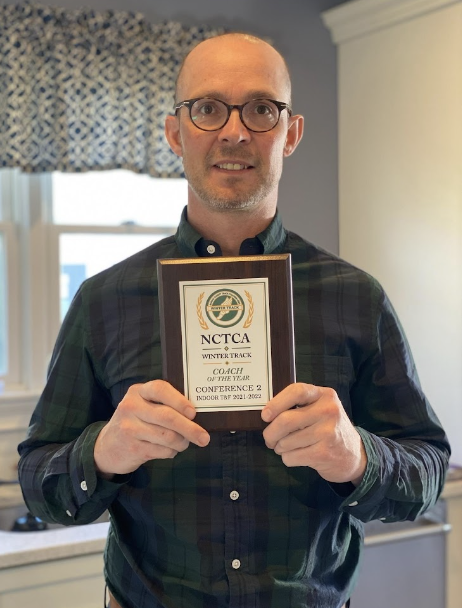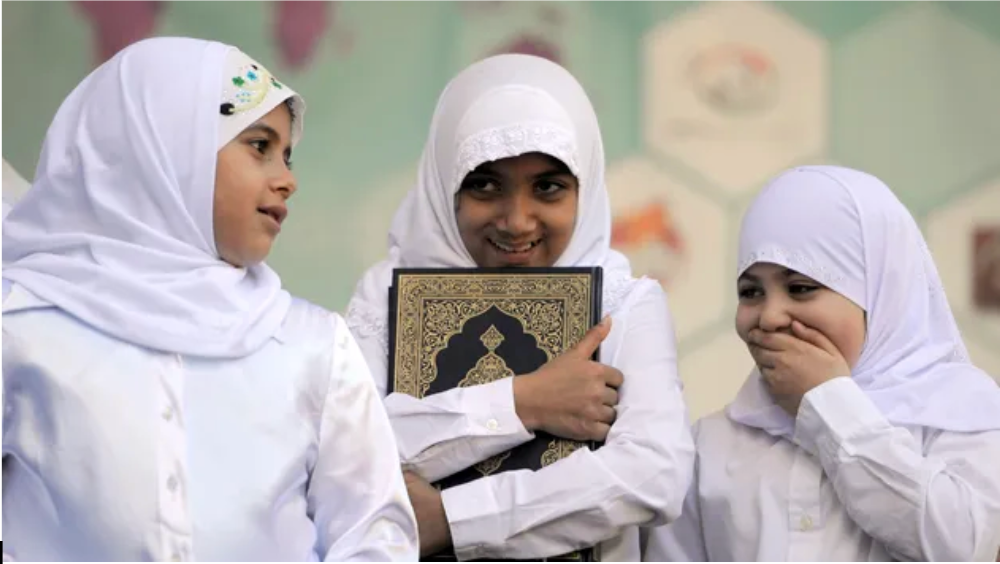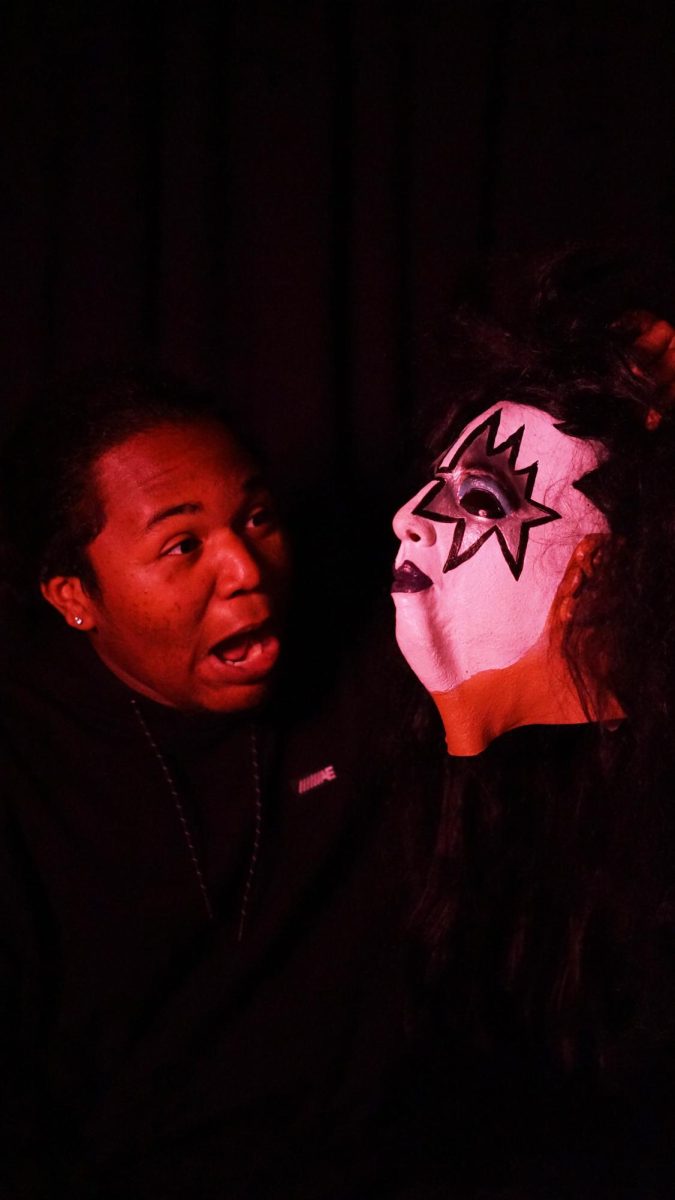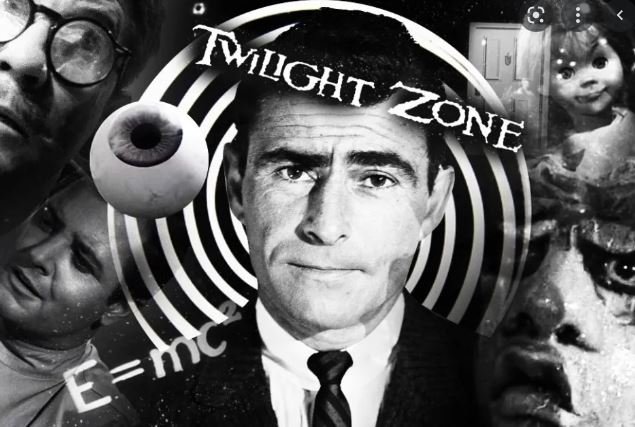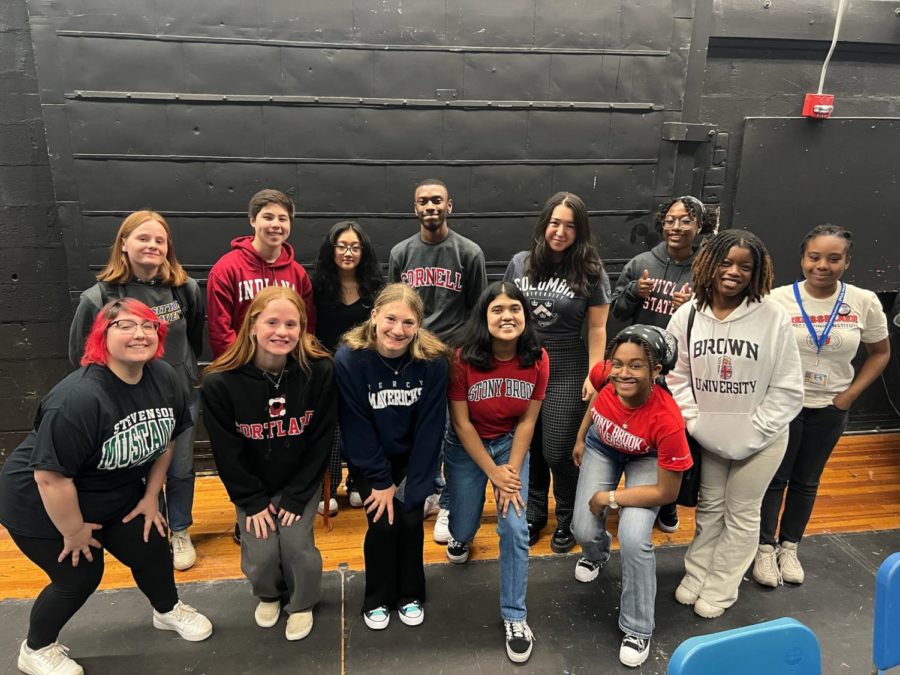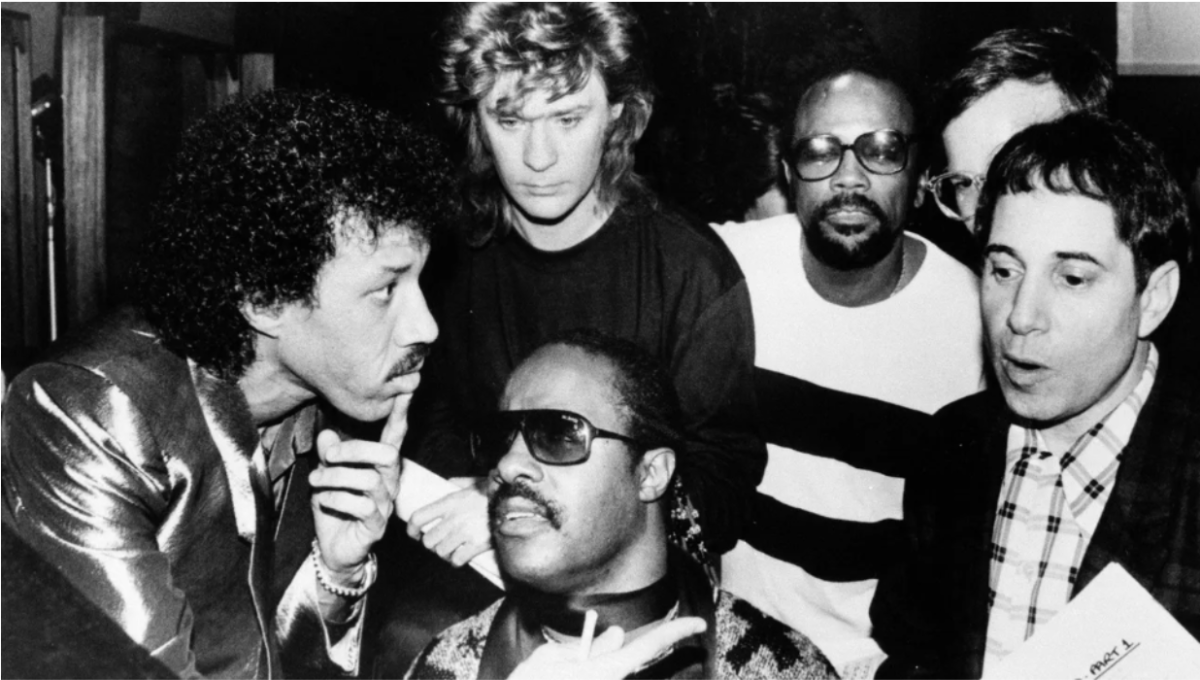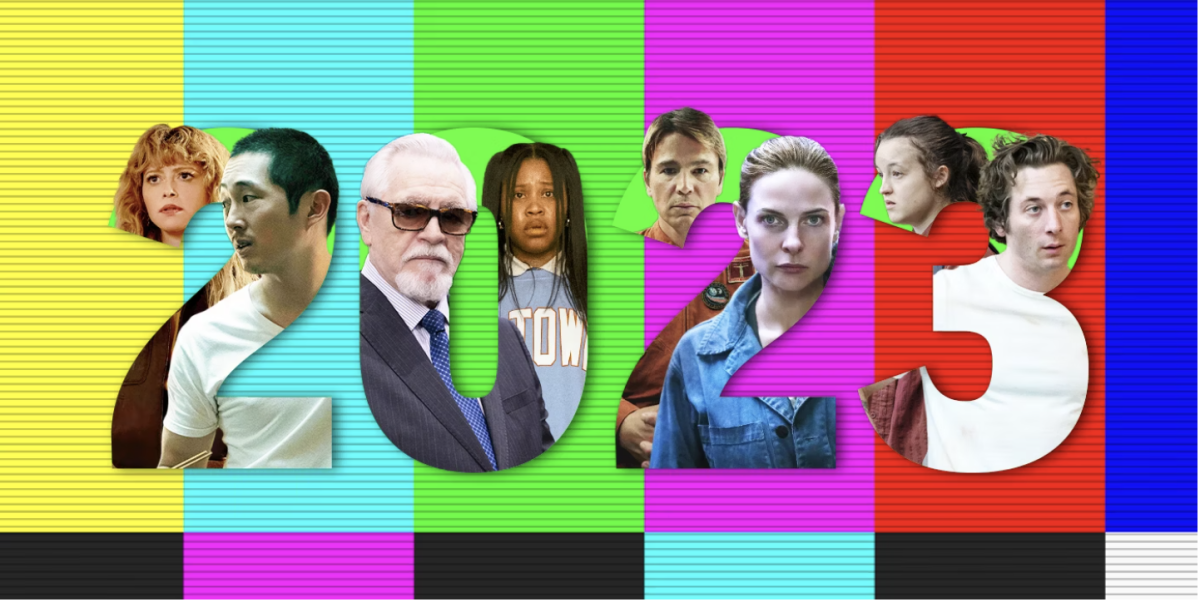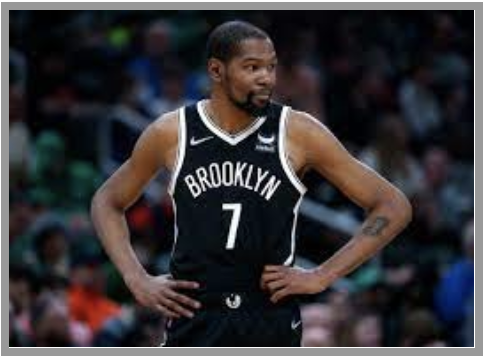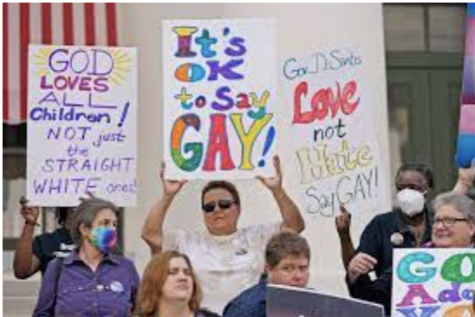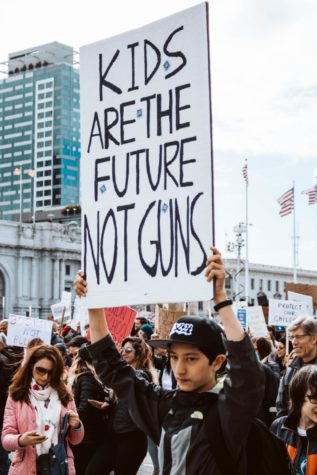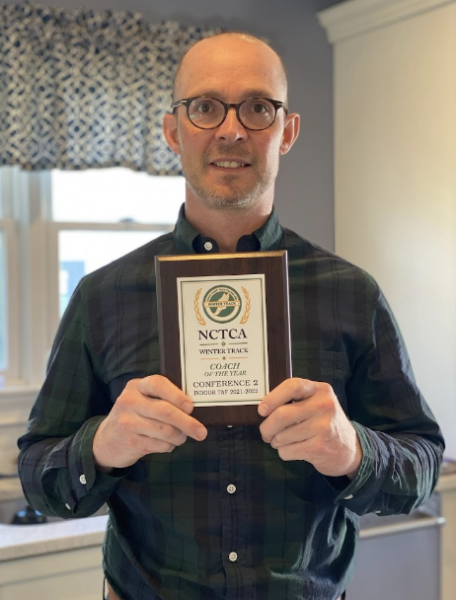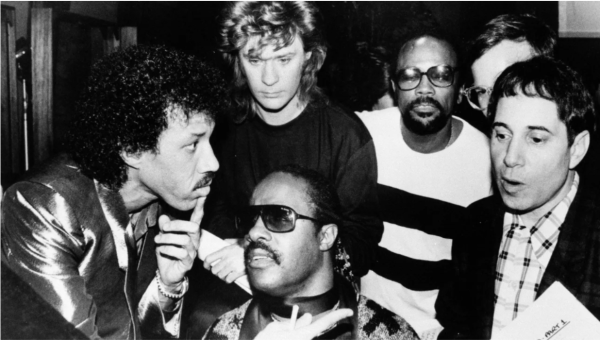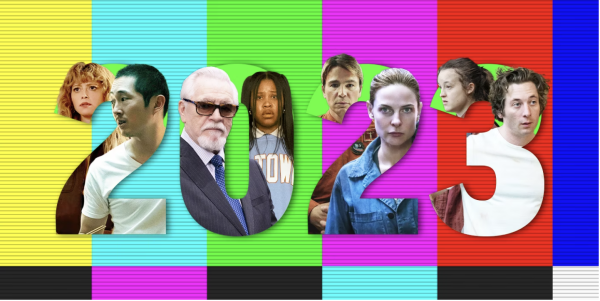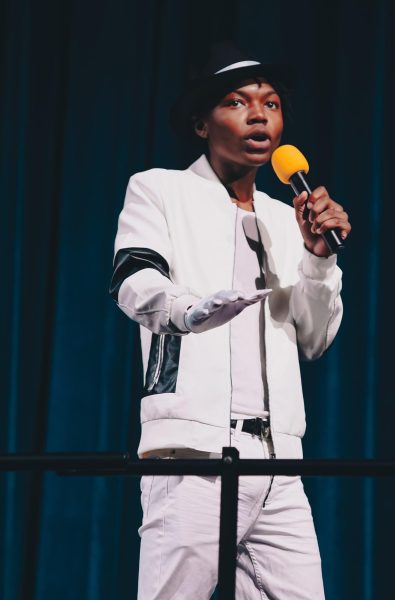The Importance of Roe v. Wade and Abortion Rights in the United States
Protestors against the current rehashing of Roe vs. Wade case
In 1970, a woman now known as Jane Roe filed a lawsuit against the Dallas County District Attorney, Henry Wade. She challenged a Texas law which prevented Texans from getting an abortion in non-life-threatening cases. The case made it all the way to the Supreme Court, where Roe’s lawyers argued that the law was in violation of the First, Fourth, Fifth, Ninth and Fourteenth Amendment. The Supreme Court ruled in favor of Roe, declaring that the government should not be regulating pregnancies during the first trimester. This ruling established a critical precedent for women’s rights in the United States. It ensured that people could not lawfully be forced to bring new life into this world.
Fifty-two years later, that precedent is under threat. A draft decision leaked from the majority conservative Supreme Court revealed plans to overrule the initial 1973 ruling. While many well known political figures and activists have spoken out in response to the leak, the contrast between the responses is stark. This shows that the political divisions in the United States are as strong as ever before. On one hand, Republican politicians typically oppose abortion rights. They support the criminalization of abortion, and believe that pregant people who choose to have abortions, as well as the doctor who preform abortions should be prosecuted as criminals. When they spoke out about the Supreme Court’s plans their focus was on the leak, emphasizing that the public should not have had access to this information prematurely.
On the other hand, Democratic politicians typically support abortion rights. They support the decriminalization of abortion and allowing pregnant people to choose whether or not they want to carry a baby to full term. They vehemently opposed the draft decision. Speaker of the House, Democrat Nancy Pelosi expressed her disdain for the ruling in a letter addressed to her fellow members of congress. Speaker Pelosi wrote that such a ruling would be a societal regression and that “…for the first time in our history, America’s daughters will have less freedom than their mothers.” However this issue goes beyond women’s rights.
When considering this controversial topic, it is vital to examine it from all angles, to better understand the basis of each side’s argument. In addition to being a debate about women’s rights, there is also a discussion about the extent of the government’s power, and the secular nature of the American democratic government.
The proper balance between an individual’s rights and the well-being of the state has long been a quandary faced by American policy makers. The extent to which the government should dictate the everyday lives of its citizens is an ongoing debate. Oftentimes this dilemma would appear through a medical lens with questions like: “Should comatose patients be forced to donate organs?” In cases such as these, the rights of the individual are deemed more important than society’s overall well-being. This is because bodily autonomy, and the right to privacy is generally regarded as sacrosanct in the legal community. In 1978 the Supreme Court ruled in McFall v Shimp that “…an individual is not under compulsion to aid another person at their mental or physical expense.” While parallels can be drawn between the donation of an organ and being forced to carry an unwanted pregnancy to term, a pregnant individual’s right to choose is still under constant attack. Ironically, while the Republican Party’s platform asserts that a decrease in government involvement in citizens’ lives would be beneficial for the greater society, Republicans also argue for the increased involvement of the government in pregnant individuals’ bodies. Many argue that this is due to deeply rooted gender inequality that is embedded in the foundation of American democracy, but there may be more to it than that.
Of the nine Supreme Court Justices currently serving on the bench, six are Catholic making them the clear majority on the bench. It appears that faith and personal belief play a role in the view of these Justices on issues such as abortion. This raises important questions about the extent to which personal faith has impacted these Justices decisions, and why the religious makeup of the court is not reflective of American society. While the idea that the United States has somehow mastered the separation of Church and State is ideal, it is not completely true. Religion plays a major role in the lives of a significant portion of American citizens, and as such churches and religious organizations can have substantial power in political affairs. Recently, an archbishop based in San Francisco spoke out against abortion, and refused Communion to Speaker Pelosi, if she continued to support abortion rights. Speaker Pelosi refused to listen to the archbishop. Nonetheless, this undue religious influence in the government can be frustrating to Americans who don’t share the Catholic Church’s position on these issues. The Separation of Church and State ensures that religious beliefs are kept out of government decisions. individuals have the freedom to live by the religious ideals that they chose. If legislative and judicial decisions become reflective of the religious beliefs rather than that of the nation’s Constitution, society can devolve into a puritanical state in which individual freedom is stifled. Conclusively, a concrete constitutional basis must be established to overthrow Roe v. Wade, personal or religious beliefs cannot dictate the rules and laws of American society.
According to English philosopher John Locke, people are granted natural rights at birth, and are entitled to life, liberty and property. These rights inspired American revolutionaries like Benjamin Franklin and Thomas Jefferson to write the United States Declaration of Independence. They are the foundation of the democracy that Americans still support today. It is the responsibility of the government to protect these rights. If the government fails to protect the natural rights of all its citizens, regardless of gender, economic standing or religious beliefs it is the responsibility of the citizens to protest.
It is the job of citizens to hold the government accountable and to keep governmental power over individual lives in check. This balancing system is how democracy is maintained. It requires everyone to remain informed and involved because this is an issue that affects everyone. The Supreme Court may not be deciding how much control you have over your own body today, but they are establishing the precedent that the government can tell individuals what to do with their bodies in the future.

Hi everyone! My name is Reyna Palmer, and I currently a sophomore here at the high school. In addition to being the President of Golden Wave, I play defense...



